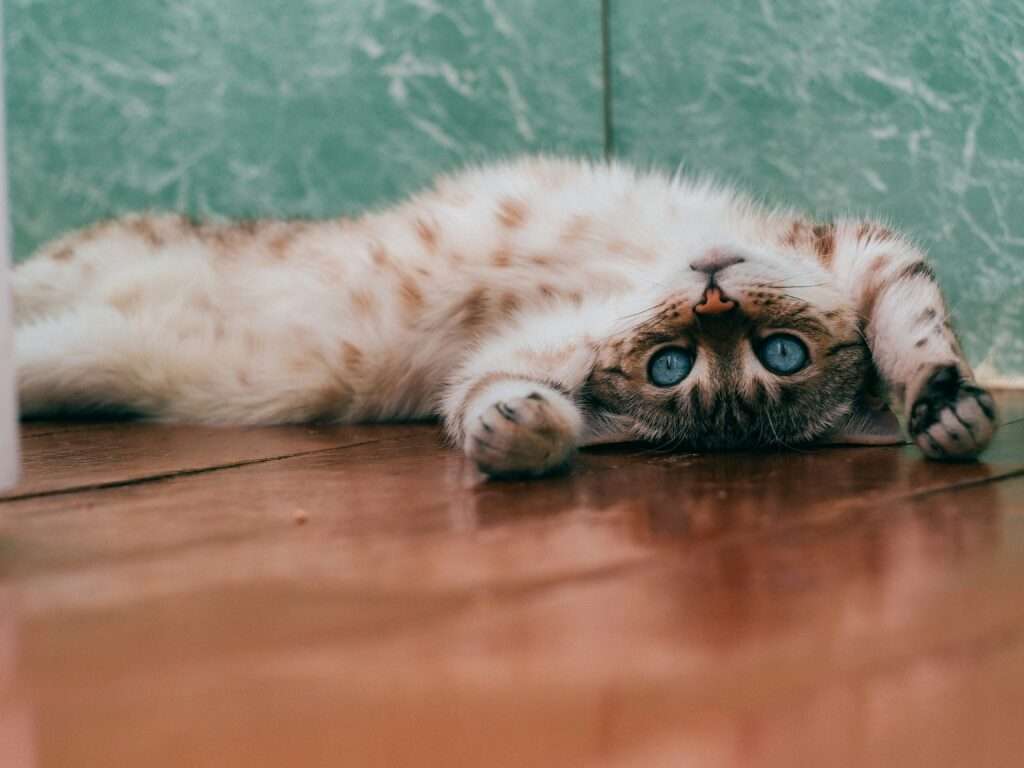How long do cats live? It’s a question that resonates with every cat lover. Cats, unique individuals, boast a lifespan influenced by various factors. While the general expectation places cats within a specific range of years, individual felines may experience a life longer or shorter than the average.
One crucial factor in determining a cat’s lifespan is the quality of healthcare it receives throughout its life. Pet insurance becomes pivotal in covering annual checkups and treating common feline illnesses, contributing to a potential long and healthy life. Understanding a cat’s lifespan involves delving into factors like environment and life stages.

Factors Influencing Cat Lifespan
The average cat lifespan hovers between 13 to 17 years, but exceptions abound. Purebred cats, such as Maine Coons, may have shorter lifespans, while factors like obesity and outdoor exposure pose potential risks. One critical determinant is whether your cat is an indoor or outdoor dweller, significantly impacting its overall life expectancy.
Indoor vs. Outdoor Cat Life Expectancy
Keeping your cat indoors emerges as a powerful strategy for increasing its lifespan. The perils faced by outdoor cats, from vehicular accidents to parasites, pose substantial threats. Indoor cats, on the other hand, enjoy a longer life expectancy, benefiting from a safer environment with reduced risks of injury and infectious diseases.
Life Stages of a Cat
A cat’s life unfolds through distinct stages, each bringing unique needs and considerations. From the energetic kitten stage to the senior years, understanding these life phases aids in providing tailored care. As cats age, they may encounter specific health challenges, requiring adjustments in diet, exercise, and overall well-being.
Traversing the life of a feline entails recognizing the diverse phases it journeys through. Moving from the jovial kitten stage to the later years, every phase requires particular care reflections. As felines grow older, possible health obstacles emerge, calling for modifications in their nourishment, physical activity regimen, and general wellbeing tactics.
How To Help Your Cat Live a Longer Life?
Promoting a cat’s well-being involves holistic care encompassing nutrition, regular vet checkups, and disease prevention. Maintaining a healthy weight through proper feeding and exercise is crucial, while disease prevention measures, including vaccinations, play a pivotal role. Spaying or neutering is not only responsible pet ownership but also contributes to a longer, healthier life for your feline companion.
Embracing the idea of extending a cat’s life involves a well-rounded approach, covering everything from nutrition, regular checkups from the vet, and preventive actions. Keeping your feline friend at a healthy weight entail choosing the right food and engaging in physical activity, which is essential, and disease prevention, like getting vaccinations, plays a vital part. Taking on the responsibility of being a good pet owner by having your cat spayed or neutered not only fits ethical standards but also greatly adds to the Longterm health and energy levels of your beloved furry friend.
Factors Affecting Cat Lifespan
Several factors impact a cat’s lifespan, ranging from lifestyle choices to dietary considerations. Indoor cats experience a longer lifespan, emphasizing the need for activity and exercise. Proper nutrition and preventive veterinary care also contribute significantly to a cat’s overall health and longevity. Regular health screenings can detect common feline illnesses early, improving outcomes and extending a cat’s life.
Do Certain Cat Breeds Live Longer Than Others?
Cat breeds exhibit varying life expectancies, with Birmans leading the pack at 16 years. While purebred cats like Persians and Siamese have specific lifespans, mixed-breed cats often enjoy longer lives due to a more diverse gene pool. Understanding breed-specific characteristics aids in providing targeted care for optimal health and longevity.
Conclusion
In unraveling the intricacies of cat lifespan, we discover that the journey goes beyond mere numbers. The key lies in informed choices, proactive healthcare, and a nurturing environment. As cat lovers, our commitment to understanding and addressing the factors influencing our feline friends’ longevity ensures a fulfilling and extended companionship. Embrace the journey, cherish every stage, and provide the care that makes each moment count in your cat’s extraordinary life.
